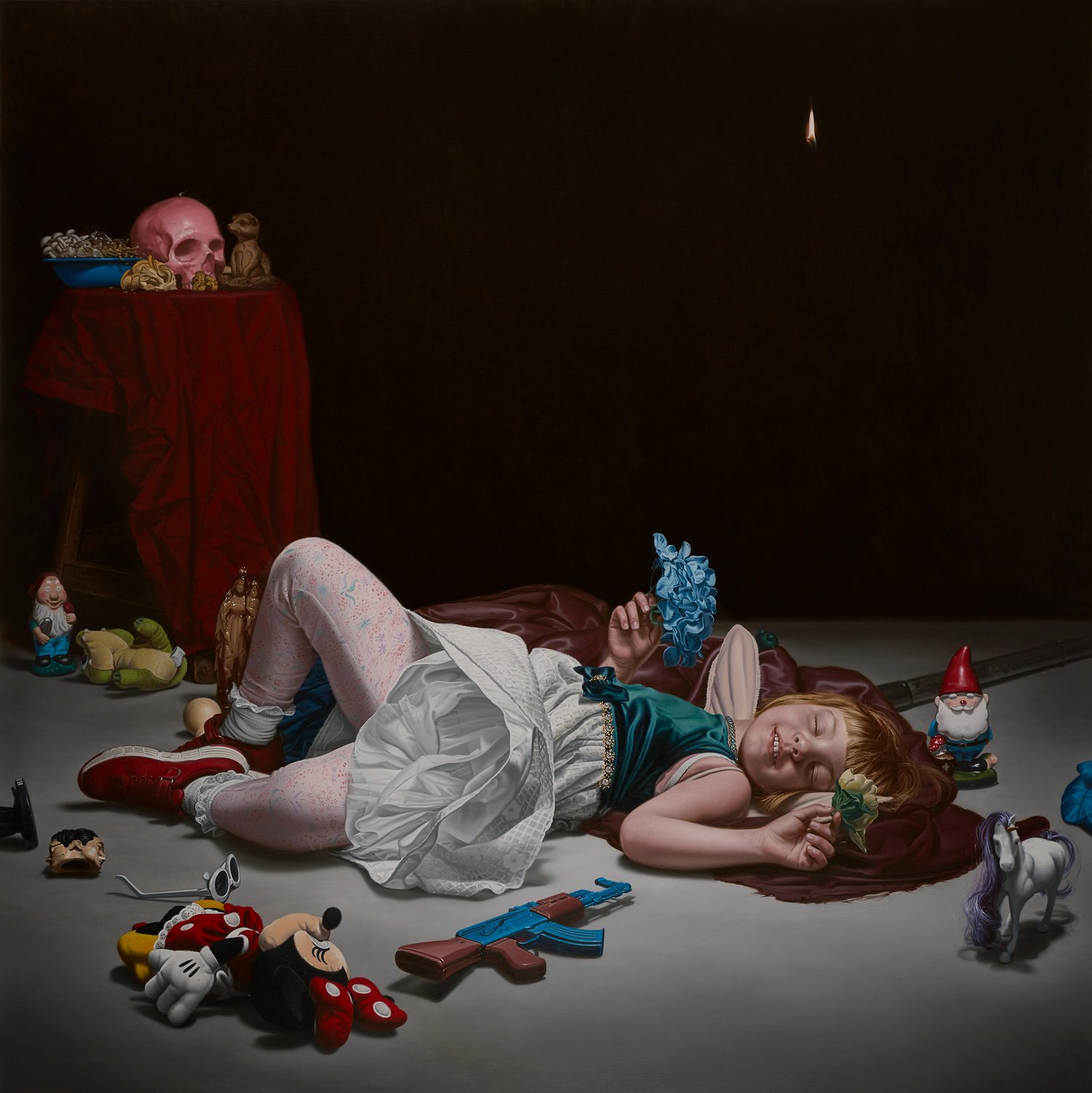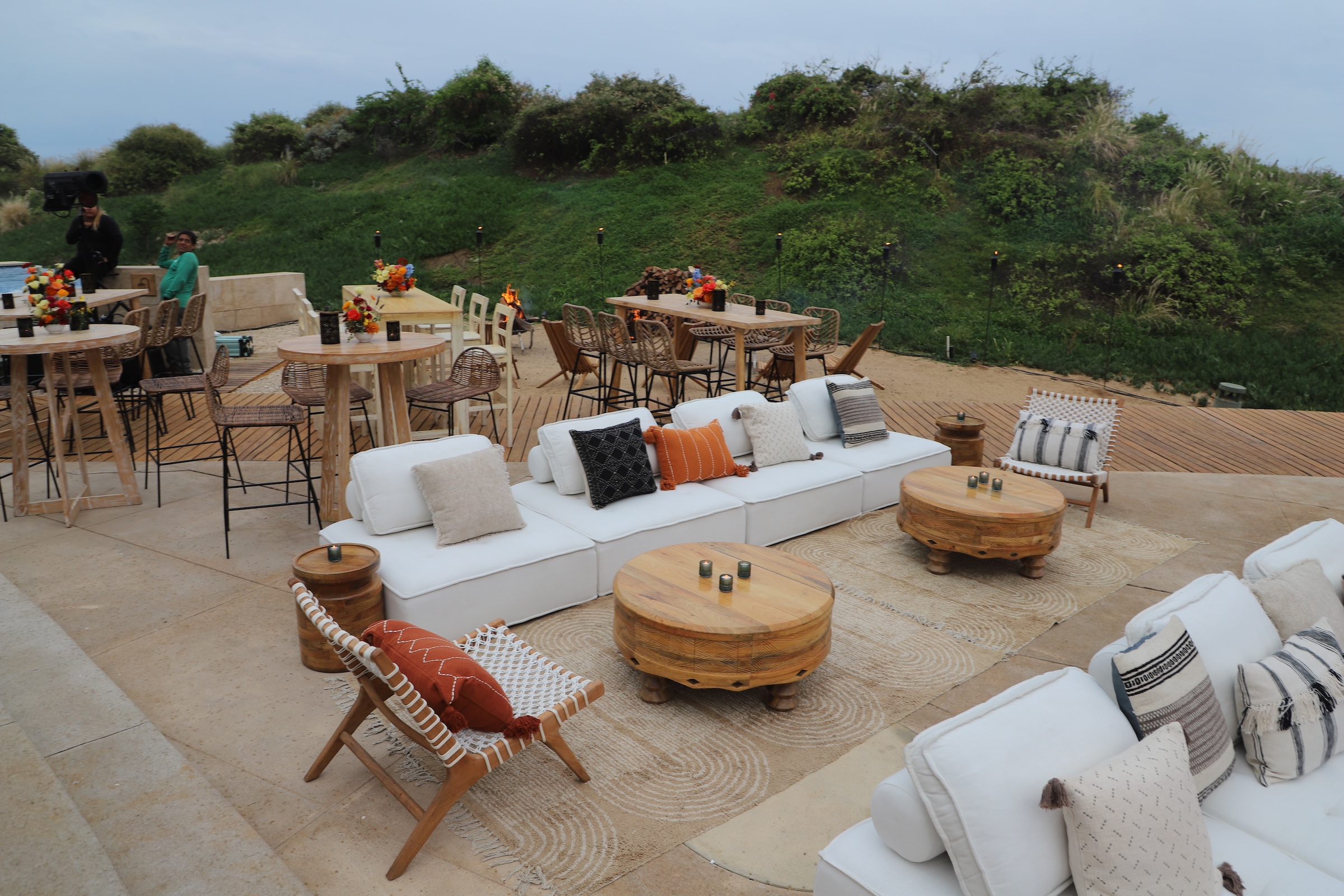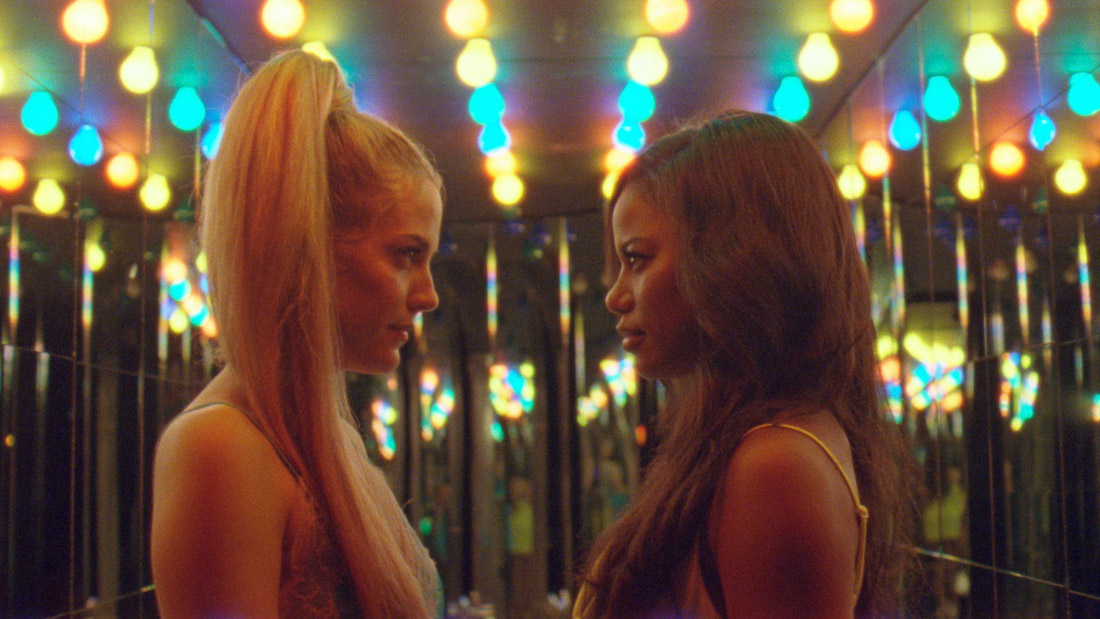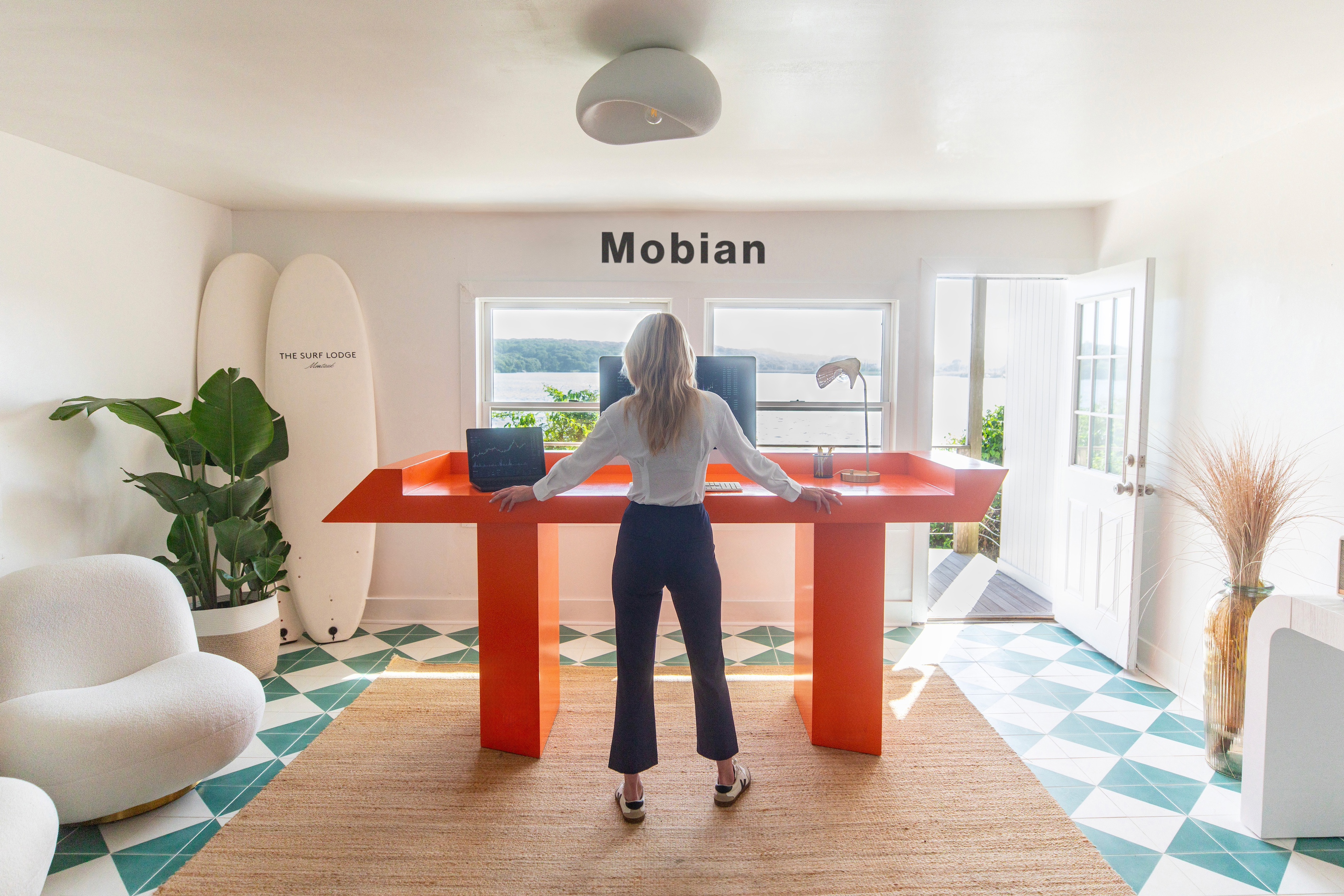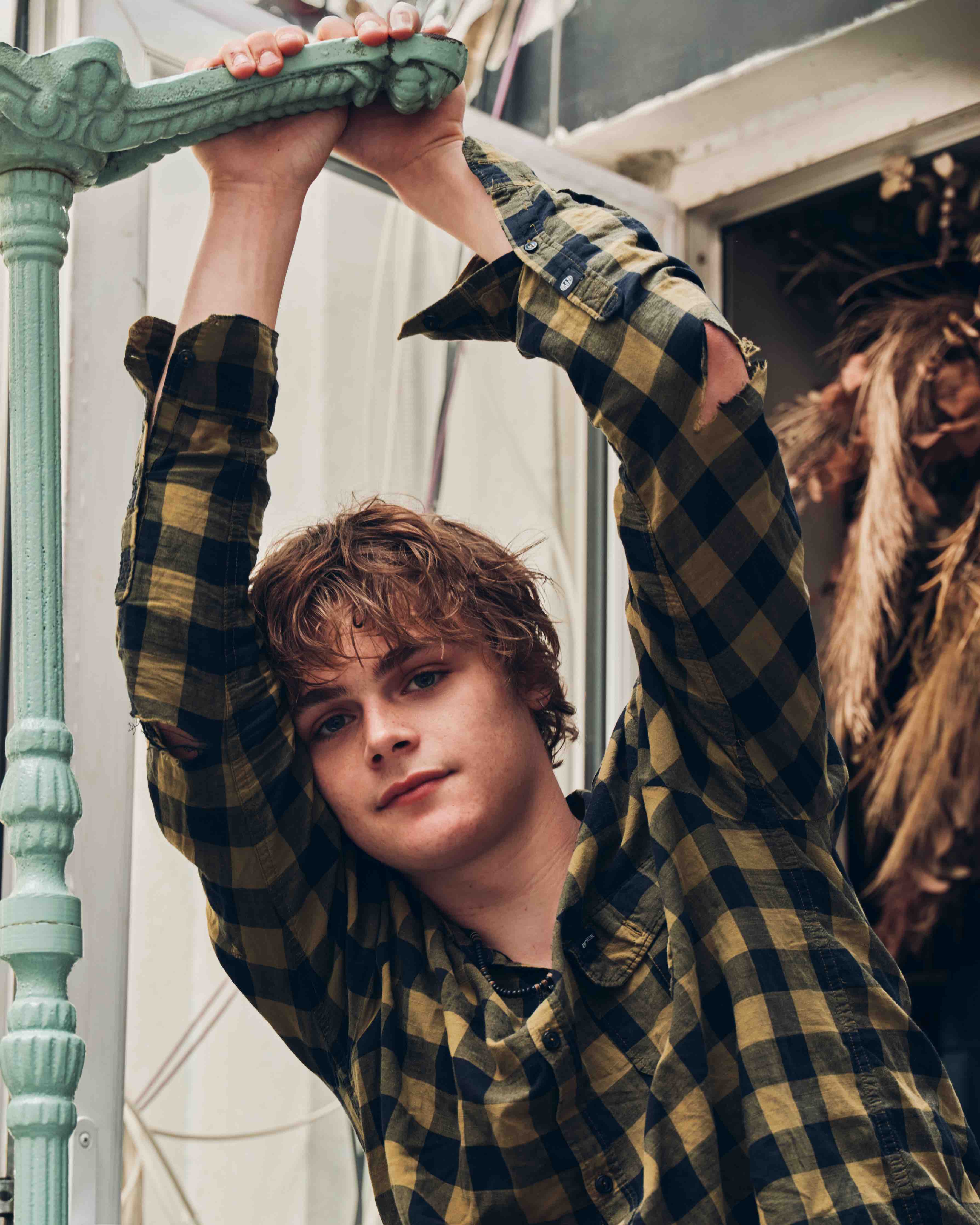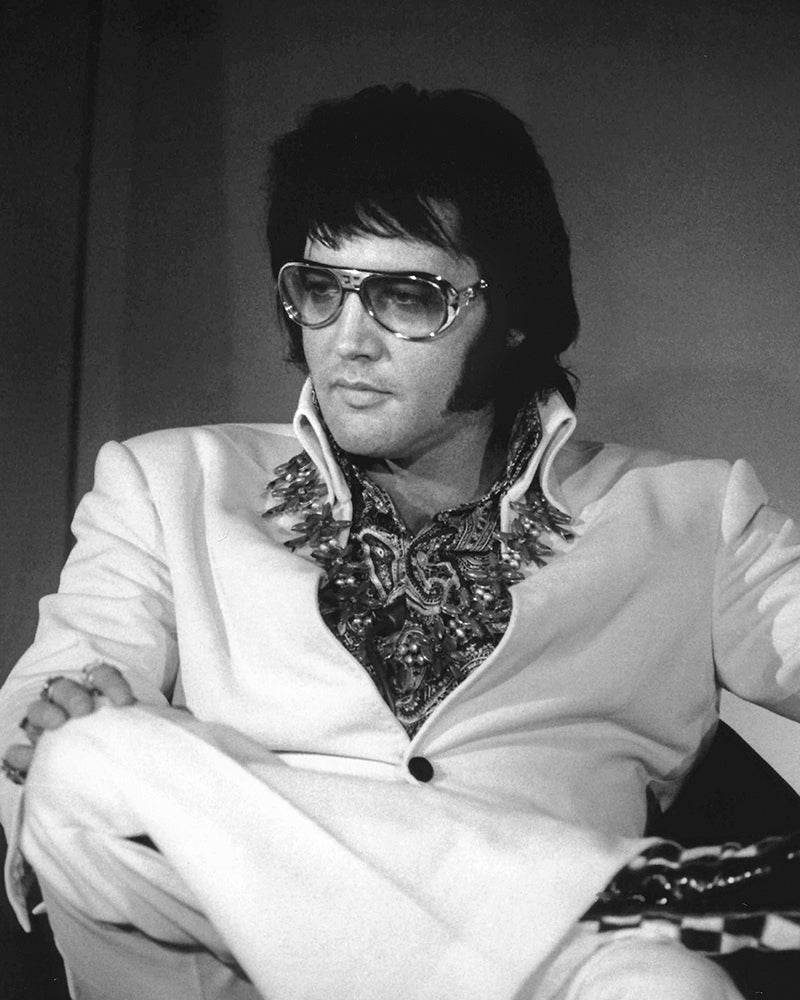

[Awich](https://www.instagram.com/awich098/?hl=en) is a badass rapper from Okinawa, Japan, who actually didn’t see herself as Japanese until recently. Okinawans are an indigenous people, Japan colonized their island similar to how the States colonized Hawaii. Her hometown is equipped with a dark past that currently houses some of the biggest U.S. military bases in Asia, directly influencing her love and attraction to hip-hop.
Awich’s musical journey began when she took a trip to the CD rental store and discovered Tupac’s _All Eyez On Me_. Writing poetry at the age of 9 and rapping at age 14, she made the decision to relocate to Atlanta to go to university. There, she met her future husband (who was murdered) and became pregnant with her daughter. She states, “All her friends are my fans, she’s proud. She’s like ‘don’t come to the school or they’ll go crazy! We can’t have class if you come.’”
Awich is the only female member of Japan’s famed Yentown collective, who she describes as “the best in Japan.” The crew consists of producers, rappers, designers, ultimately all friends and ‘brothers’. Most recently, she released her new single titled [“Shook Shook,”](https://www.dropbox.com/s/rk5lvwloirraydz/ShookShook_MV.mov?dl=0), her first for Universal Music Group, with a cinematic visual to match.
Flaunt caught up with Awich via Zoom to discuss her upbringing overseas, the new single,her upcoming EP “Partition”, joining Yentown, Black Lives Matter, and more!
**Being from Okinawa, Japan, what was the household like growing up?**
My experience in the household is a little different from others in Japan. Okinawa’s an island, far down South off the mainland of Japan. We used to be a kingdom. We had a war with Japan back in 1609 and we lost, so we became a part of Japan. Okinawa has a totally different history and background, different dialects. It wasn’t really strict in my home, but me rapping and making hip-hop, my parents were really freaking out. They didn’t know what it was, they didn’t want me to do it.
**At what point did they finally accept it?**
I kept doing it secretly until one day, they talked about me in the newspaper. \[laughs\] “A Young Female Hip-Hop Artist Direct From Okinawa Trying To Do Big Things,” I was 15. Hip-hop was a fairly new thing in Japan and in Okinawa, so they’re really interested in people who were into that culture. They wanted to talk about the youngins, like me. My aunt called me, “did you see the newspaper today?” It had pictures, that was fun. I’m in the newspaper, and it’s not about me committing a crime. It was a good article, so they couldn’t say anything, people praising me for what I do. Later in high school, my dad came to me and apologized. He said “I didn’t even ask you why you like it, why it fascinates you so much. I didn’t ask you anything, I went off what I heard.” He thought hip-hop was gang music, drugs, sex, money, without knowing what it was.
**How was it going to school in Atlanta? Was there a culture shock?**
Somewhat, but not so much. Living in Okinawa, 20% of the whole island is U.S. military bases so I was exposed to a lot of American culture. That’s one of the reasons I was fascinated with hip-hop in the first place. The soldiers come from all over America, because it’s the military. I had a friend from Atlanta, and music from the South was really poppin’. Soulja Boy, T.I., Usher, all the mainstream was Southern hip-hop. I felt prepared for whatever was there.
It’s funny because you have to go to the mainland of Japan first, before you can go to the States. Tokyo felt more foreign to me. People in Japan are starting to embrace my music and who I am, but I really didn’t feel Japanese until recently. Of course, we speak the same language, everybody looks up to and wants to be in Tokyo, but I didn’t feel I could be introduced as Japan’s #1 female rapper. I couldn’t imagine it because I couldn’t even call myself Japanese until recently. Now they’re embracing me and showing me so much love, I really appreciate it. I’m starting to understand I’m a part of this country, I can be a representative for the girls, or anybody here.
**How did you start to gain your fanbase?**
Definitely when I started to work with Yentown. One of the members of Yentown, kZm, he’s like my little brother. I wanted to work with him, but I was nobody. He sat down with me and asked “so what do you want to do?” I said “well, I have this music I’m working on.” I let him hear it, and he was shocked with what I had. I was excited. He said “yo I really have to introduce you to our producer, the leader of Yentown,” his name’s Chaki Zulu. One of the closest friends and coworkers I have.
Chaki came a couple hours later, and Chaki doesn’t go anywhere. I heard from all the people in Tokyo: “Chaki don’t show up, never ever.” But kZm was so passionate about my music and working with me, he convinced Chaki to come out that day. He came, he’s like “let me hear your music.” I said “it’s playing right now.” He’s like “this is you?” You have to come to my studio.” From then on, we started to work. He’d pull some money from somewhere to work on the album with me. I’m very appreciative of what they did for me.
**How does it feel to be the only girl in Yentown?**
It feels good. I’m one of the older people in Yentown. I’m the newest member, but they look up to me because of my age. They give me a lot of respect. I want more girls coming into the crew and doing it together with us.
**You just released “Shook Shook,” who or what inspired this one?**
I wanted to talk about this exchange I had when I was headlining a festival in Japan. All these big, muscular rappers went before me. After all the masculinity, after all this going hard, it was my time. I was the headliner. In one of my verses, I say \[speaks Japanese\], meaning “we can’t believe this woman” who came to reign on this world, this field, to headline and be the boss. Everyone was shocked when they looked at me. After all these fucking gangster dudes, now this woman’s closing the festival? But I did that.
**What can we expect from your new EP _Partition_? Meaning behind the name?**
It’s a story about me coming into the game and becoming one of the top artists here. Coming from Okinawa, I consider it the underdog because we come from a totally different culture and background. We have a history of being discriminated against. We still have difficulties and conflicts, a place with the most controversial shit.
I was married and lost my husband in an incident, he was murdered. The song “Patrona” is a dramatic expression of what happened and what I was going through. It’s about a woman who’s fired up with vengeance: holding a grudge, trying to hurt somebody. It’s a very aggressive song. After that is a song called “Revenge,” where I’m talking about realization. What’s revenge when it comes to avenging people who brought pain and suffering in my life? I realized in that song, it’s about me being happy. It’s not about hurting anyone. It’s about me really understanding what I want to be and what I want to do, and doing it.
**How does it feel to be pushing #BlackLivesMatter overseas in Japan?**
It’s good. I’m glad to find all the other people are concerned about that matter. They didn’t know what action they could take to help, show support and appreciation for Black people and culture. What it means for the whole human species to come together and help each other, period. It’s not about what’s real, what’s right, what’s wrong, what’s the fake news, it’s not about that. It’s about helping each other, period. There’s a willingness to help and come together. People out here really do want to help.
 
[Awich](https://www.instagram.com/awich098/?hl=en) is a badass rapper from Okinawa, Japan, who actually didn’t see herself as Japanese until recently. Okinawans are an indigenous people, Japan colonized their island similar to how the States colonized Hawaii. Her hometown is equipped with a dark past that currently houses some of the biggest U.S. military bases in Asia, directly influencing her love and attraction to hip-hop.
Awich’s musical journey began when she took a trip to the CD rental store and discovered Tupac’s _All Eyez On Me_. Writing poetry at the age of 9 and rapping at age 14, she made the decision to relocate to Atlanta to go to university. There, she met her future husband (who was murdered) and became pregnant with her daughter. She states, “All her friends are my fans, she’s proud. She’s like ‘don’t come to the school or they’ll go crazy! We can’t have class if you come.’”
Awich is the only female member of Japan’s famed Yentown collective, who she describes as “the best in Japan.” The crew consists of producers, rappers, designers, ultimately all friends and ‘brothers’. Most recently, she released her new single titled [“Shook Shook,”](https://www.dropbox.com/s/rk5lvwloirraydz/ShookShook_MV.mov?dl=0), her first for Universal Music Group, with a cinematic visual to match.
Flaunt caught up with Awich via Zoom to discuss her upbringing overseas, the new single,her upcoming EP “Partition”, joining Yentown, Black Lives Matter, and more!
**Being from Okinawa, Japan, what was the household like growing up?**
My experience in the household is a little different from others in Japan. Okinawa’s an island, far down South off the mainland of Japan. We used to be a kingdom. We had a war with Japan back in 1609 and we lost, so we became a part of Japan. Okinawa has a totally different history and background, different dialects. It wasn’t really strict in my home, but me rapping and making hip-hop, my parents were really freaking out. They didn’t know what it was, they didn’t want me to do it.
**At what point did they finally accept it?**
I kept doing it secretly until one day, they talked about me in the newspaper. \[laughs\] “A Young Female Hip-Hop Artist Direct From Okinawa Trying To Do Big Things,” I was 15. Hip-hop was a fairly new thing in Japan and in Okinawa, so they’re really interested in people who were into that culture. They wanted to talk about the youngins, like me. My aunt called me, “did you see the newspaper today?” It had pictures, that was fun. I’m in the newspaper, and it’s not about me committing a crime. It was a good article, so they couldn’t say anything, people praising me for what I do. Later in high school, my dad came to me and apologized. He said “I didn’t even ask you why you like it, why it fascinates you so much. I didn’t ask you anything, I went off what I heard.” He thought hip-hop was gang music, drugs, sex, money, without knowing what it was.
**How was it going to school in Atlanta? Was there a culture shock?**
Somewhat, but not so much. Living in Okinawa, 20% of the whole island is U.S. military bases so I was exposed to a lot of American culture. That’s one of the reasons I was fascinated with hip-hop in the first place. The soldiers come from all over America, because it’s the military. I had a friend from Atlanta, and music from the South was really poppin’. Soulja Boy, T.I., Usher, all the mainstream was Southern hip-hop. I felt prepared for whatever was there.
It’s funny because you have to go to the mainland of Japan first, before you can go to the States. Tokyo felt more foreign to me. People in Japan are starting to embrace my music and who I am, but I really didn’t feel Japanese until recently. Of course, we speak the same language, everybody looks up to and wants to be in Tokyo, but I didn’t feel I could be introduced as Japan’s #1 female rapper. I couldn’t imagine it because I couldn’t even call myself Japanese until recently. Now they’re embracing me and showing me so much love, I really appreciate it. I’m starting to understand I’m a part of this country, I can be a representative for the girls, or anybody here.
**How did you start to gain your fanbase?**
Definitely when I started to work with Yentown. One of the members of Yentown, kZm, he’s like my little brother. I wanted to work with him, but I was nobody. He sat down with me and asked “so what do you want to do?” I said “well, I have this music I’m working on.” I let him hear it, and he was shocked with what I had. I was excited. He said “yo I really have to introduce you to our producer, the leader of Yentown,” his name’s Chaki Zulu. One of the closest friends and coworkers I have.
Chaki came a couple hours later, and Chaki doesn’t go anywhere. I heard from all the people in Tokyo: “Chaki don’t show up, never ever.” But kZm was so passionate about my music and working with me, he convinced Chaki to come out that day. He came, he’s like “let me hear your music.” I said “it’s playing right now.” He’s like “this is you?” You have to come to my studio.” From then on, we started to work. He’d pull some money from somewhere to work on the album with me. I’m very appreciative of what they did for me.
**How does it feel to be the only girl in Yentown?**
It feels good. I’m one of the older people in Yentown. I’m the newest member, but they look up to me because of my age. They give me a lot of respect. I want more girls coming into the crew and doing it together with us.
**You just released “Shook Shook,” who or what inspired this one?**
I wanted to talk about this exchange I had when I was headlining a festival in Japan. All these big, muscular rappers went before me. After all the masculinity, after all this going hard, it was my time. I was the headliner. In one of my verses, I say \[speaks Japanese\], meaning “we can’t believe this woman” who came to reign on this world, this field, to headline and be the boss. Everyone was shocked when they looked at me. After all these fucking gangster dudes, now this woman’s closing the festival? But I did that.
**What can we expect from your new EP _Partition_? Meaning behind the name?**
It’s a story about me coming into the game and becoming one of the top artists here. Coming from Okinawa, I consider it the underdog because we come from a totally different culture and background. We have a history of being discriminated against. We still have difficulties and conflicts, a place with the most controversial shit.
I was married and lost my husband in an incident, he was murdered. The song “Patrona” is a dramatic expression of what happened and what I was going through. It’s about a woman who’s fired up with vengeance: holding a grudge, trying to hurt somebody. It’s a very aggressive song. After that is a song called “Revenge,” where I’m talking about realization. What’s revenge when it comes to avenging people who brought pain and suffering in my life? I realized in that song, it’s about me being happy. It’s not about hurting anyone. It’s about me really understanding what I want to be and what I want to do, and doing it.
**How does it feel to be pushing #BlackLivesMatter overseas in Japan?**
It’s good. I’m glad to find all the other people are concerned about that matter. They didn’t know what action they could take to help, show support and appreciation for Black people and culture. What it means for the whole human species to come together and help each other, period. It’s not about what’s real, what’s right, what’s wrong, what’s the fake news, it’s not about that. It’s about helping each other, period. There’s a willingness to help and come together. People out here really do want to help.

[Awich](https://www.instagram.com/awich098/?hl=en) is a badass rapper from Okinawa, Japan, who actually didn’t see herself as Japanese until recently. Okinawans are an indigenous people, Japan colonized their island similar to how the States colonized Hawaii. Her hometown is equipped with a dark past that currently houses some of the biggest U.S. military bases in Asia, directly influencing her love and attraction to hip-hop.
Awich’s musical journey began when she took a trip to the CD rental store and discovered Tupac’s _All Eyez On Me_. Writing poetry at the age of 9 and rapping at age 14, she made the decision to relocate to Atlanta to go to university. There, she met her future husband (who was murdered) and became pregnant with her daughter. She states, “All her friends are my fans, she’s proud. She’s like ‘don’t come to the school or they’ll go crazy! We can’t have class if you come.’”
Awich is the only female member of Japan’s famed Yentown collective, who she describes as “the best in Japan.” The crew consists of producers, rappers, designers, ultimately all friends and ‘brothers’. Most recently, she released her new single titled [“Shook Shook,”](https://www.dropbox.com/s/rk5lvwloirraydz/ShookShook_MV.mov?dl=0), her first for Universal Music Group, with a cinematic visual to match.
Flaunt caught up with Awich via Zoom to discuss her upbringing overseas, the new single,her upcoming EP “Partition”, joining Yentown, Black Lives Matter, and more!
**Being from Okinawa, Japan, what was the household like growing up?**
My experience in the household is a little different from others in Japan. Okinawa’s an island, far down South off the mainland of Japan. We used to be a kingdom. We had a war with Japan back in 1609 and we lost, so we became a part of Japan. Okinawa has a totally different history and background, different dialects. It wasn’t really strict in my home, but me rapping and making hip-hop, my parents were really freaking out. They didn’t know what it was, they didn’t want me to do it.
**At what point did they finally accept it?**
I kept doing it secretly until one day, they talked about me in the newspaper. \[laughs\] “A Young Female Hip-Hop Artist Direct From Okinawa Trying To Do Big Things,” I was 15. Hip-hop was a fairly new thing in Japan and in Okinawa, so they’re really interested in people who were into that culture. They wanted to talk about the youngins, like me. My aunt called me, “did you see the newspaper today?” It had pictures, that was fun. I’m in the newspaper, and it’s not about me committing a crime. It was a good article, so they couldn’t say anything, people praising me for what I do. Later in high school, my dad came to me and apologized. He said “I didn’t even ask you why you like it, why it fascinates you so much. I didn’t ask you anything, I went off what I heard.” He thought hip-hop was gang music, drugs, sex, money, without knowing what it was.
**How was it going to school in Atlanta? Was there a culture shock?**
Somewhat, but not so much. Living in Okinawa, 20% of the whole island is U.S. military bases so I was exposed to a lot of American culture. That’s one of the reasons I was fascinated with hip-hop in the first place. The soldiers come from all over America, because it’s the military. I had a friend from Atlanta, and music from the South was really poppin’. Soulja Boy, T.I., Usher, all the mainstream was Southern hip-hop. I felt prepared for whatever was there.
It’s funny because you have to go to the mainland of Japan first, before you can go to the States. Tokyo felt more foreign to me. People in Japan are starting to embrace my music and who I am, but I really didn’t feel Japanese until recently. Of course, we speak the same language, everybody looks up to and wants to be in Tokyo, but I didn’t feel I could be introduced as Japan’s #1 female rapper. I couldn’t imagine it because I couldn’t even call myself Japanese until recently. Now they’re embracing me and showing me so much love, I really appreciate it. I’m starting to understand I’m a part of this country, I can be a representative for the girls, or anybody here.
**How did you start to gain your fanbase?**
Definitely when I started to work with Yentown. One of the members of Yentown, kZm, he’s like my little brother. I wanted to work with him, but I was nobody. He sat down with me and asked “so what do you want to do?” I said “well, I have this music I’m working on.” I let him hear it, and he was shocked with what I had. I was excited. He said “yo I really have to introduce you to our producer, the leader of Yentown,” his name’s Chaki Zulu. One of the closest friends and coworkers I have.
Chaki came a couple hours later, and Chaki doesn’t go anywhere. I heard from all the people in Tokyo: “Chaki don’t show up, never ever.” But kZm was so passionate about my music and working with me, he convinced Chaki to come out that day. He came, he’s like “let me hear your music.” I said “it’s playing right now.” He’s like “this is you?” You have to come to my studio.” From then on, we started to work. He’d pull some money from somewhere to work on the album with me. I’m very appreciative of what they did for me.
**How does it feel to be the only girl in Yentown?**
It feels good. I’m one of the older people in Yentown. I’m the newest member, but they look up to me because of my age. They give me a lot of respect. I want more girls coming into the crew and doing it together with us.
**You just released “Shook Shook,” who or what inspired this one?**
I wanted to talk about this exchange I had when I was headlining a festival in Japan. All these big, muscular rappers went before me. After all the masculinity, after all this going hard, it was my time. I was the headliner. In one of my verses, I say \[speaks Japanese\], meaning “we can’t believe this woman” who came to reign on this world, this field, to headline and be the boss. Everyone was shocked when they looked at me. After all these fucking gangster dudes, now this woman’s closing the festival? But I did that.
**What can we expect from your new EP _Partition_? Meaning behind the name?**
It’s a story about me coming into the game and becoming one of the top artists here. Coming from Okinawa, I consider it the underdog because we come from a totally different culture and background. We have a history of being discriminated against. We still have difficulties and conflicts, a place with the most controversial shit.
I was married and lost my husband in an incident, he was murdered. The song “Patrona” is a dramatic expression of what happened and what I was going through. It’s about a woman who’s fired up with vengeance: holding a grudge, trying to hurt somebody. It’s a very aggressive song. After that is a song called “Revenge,” where I’m talking about realization. What’s revenge when it comes to avenging people who brought pain and suffering in my life? I realized in that song, it’s about me being happy. It’s not about hurting anyone. It’s about me really understanding what I want to be and what I want to do, and doing it.
**How does it feel to be pushing #BlackLivesMatter overseas in Japan?**
It’s good. I’m glad to find all the other people are concerned about that matter. They didn’t know what action they could take to help, show support and appreciation for Black people and culture. What it means for the whole human species to come together and help each other, period. It’s not about what’s real, what’s right, what’s wrong, what’s the fake news, it’s not about that. It’s about helping each other, period. There’s a willingness to help and come together. People out here really do want to help.
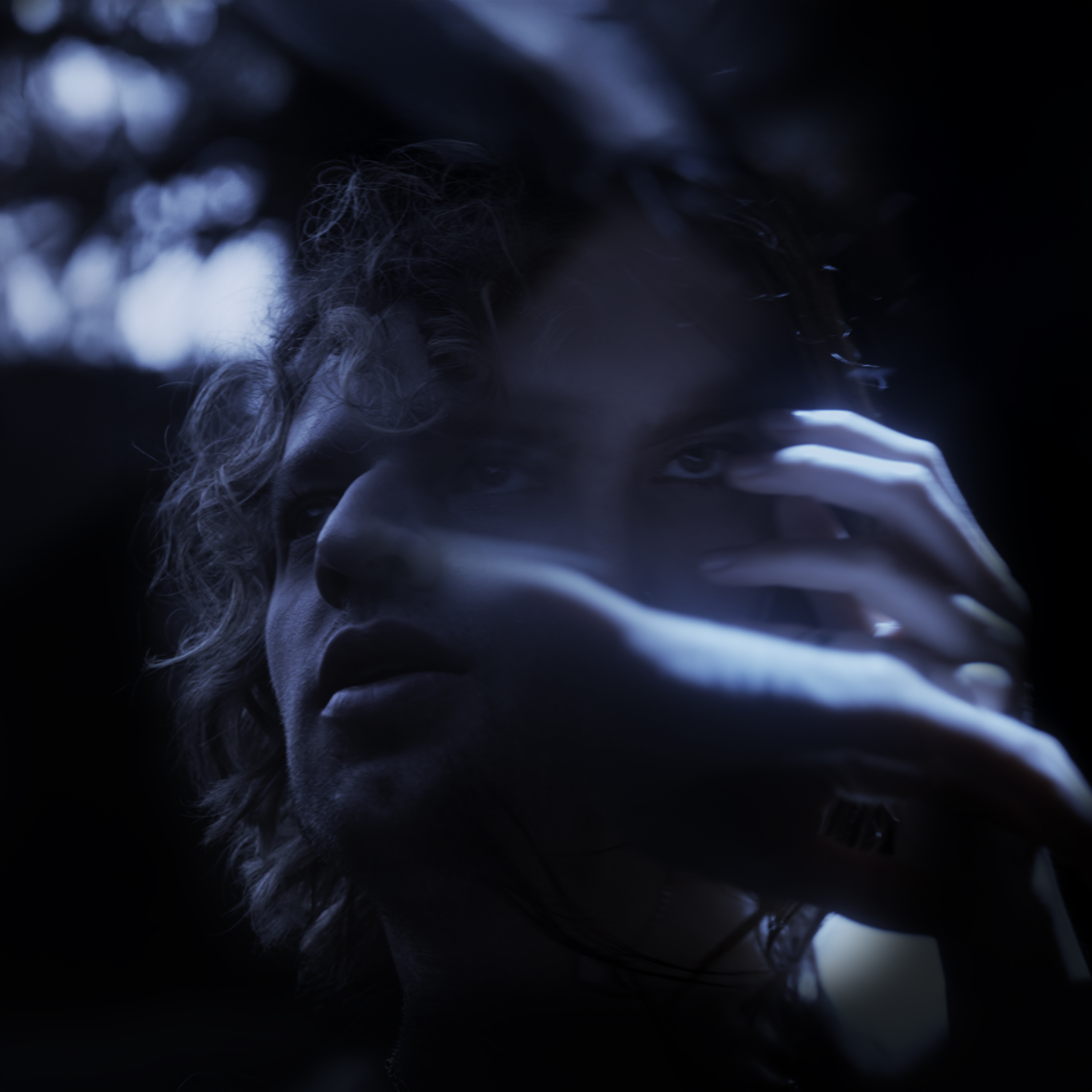
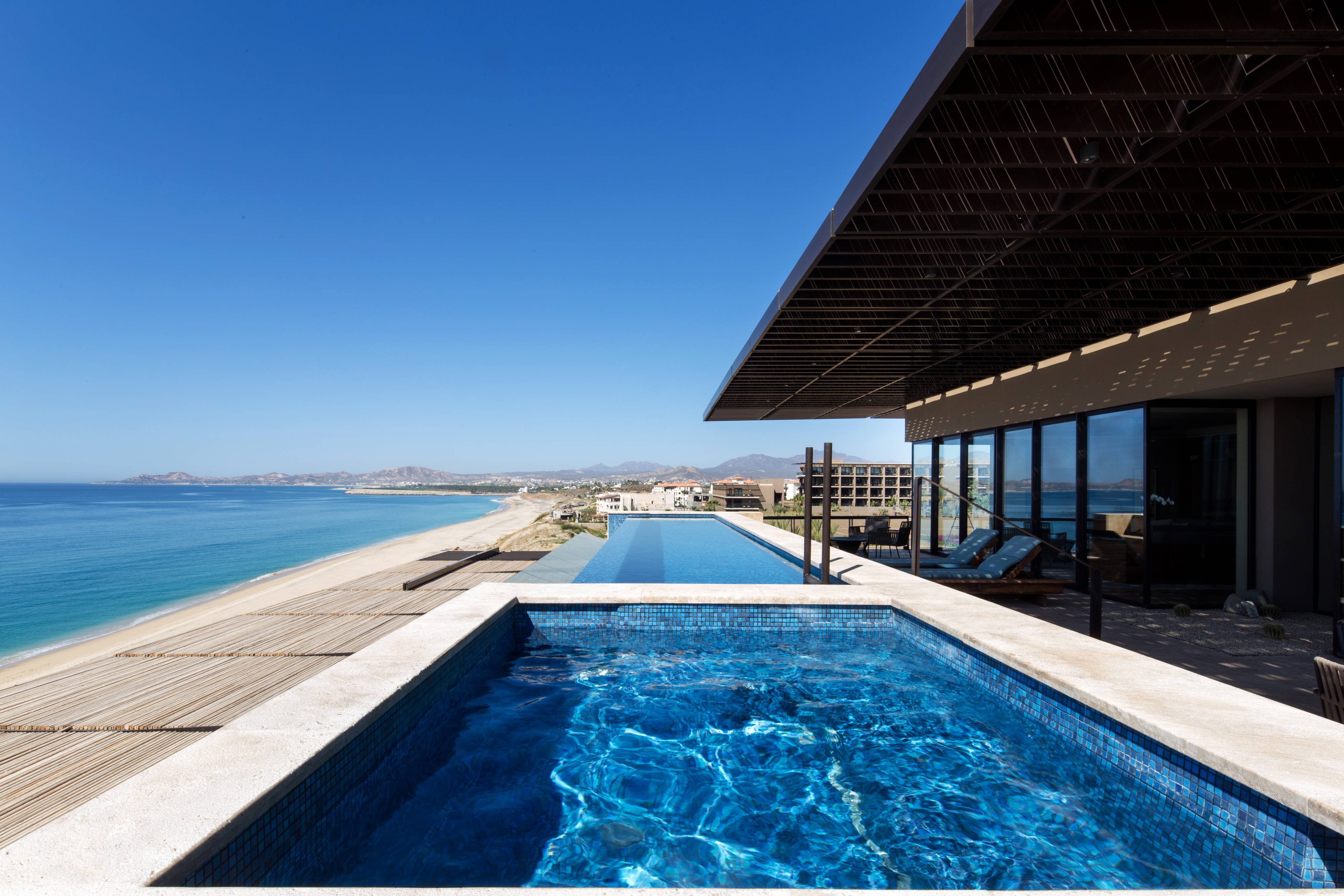
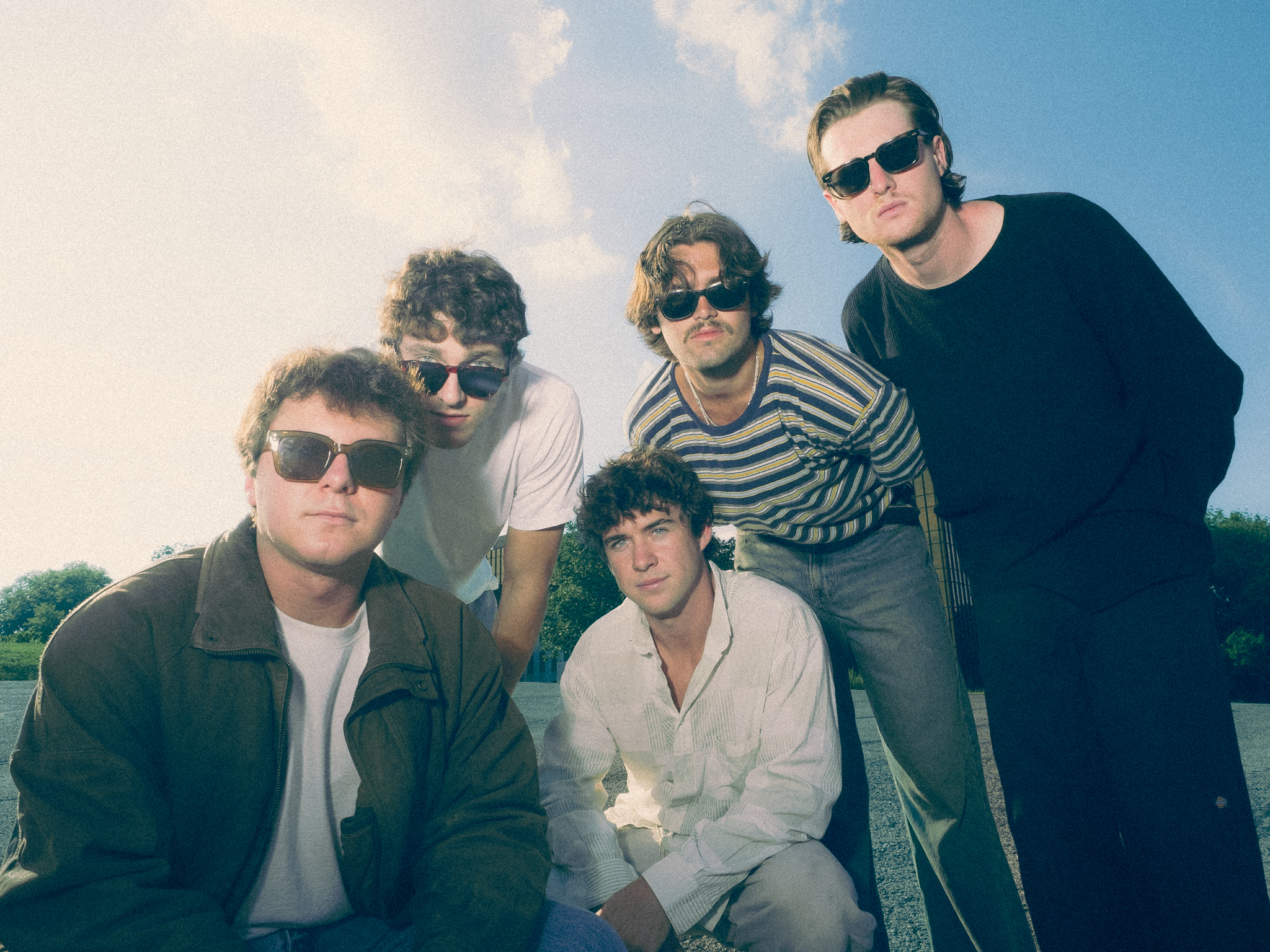
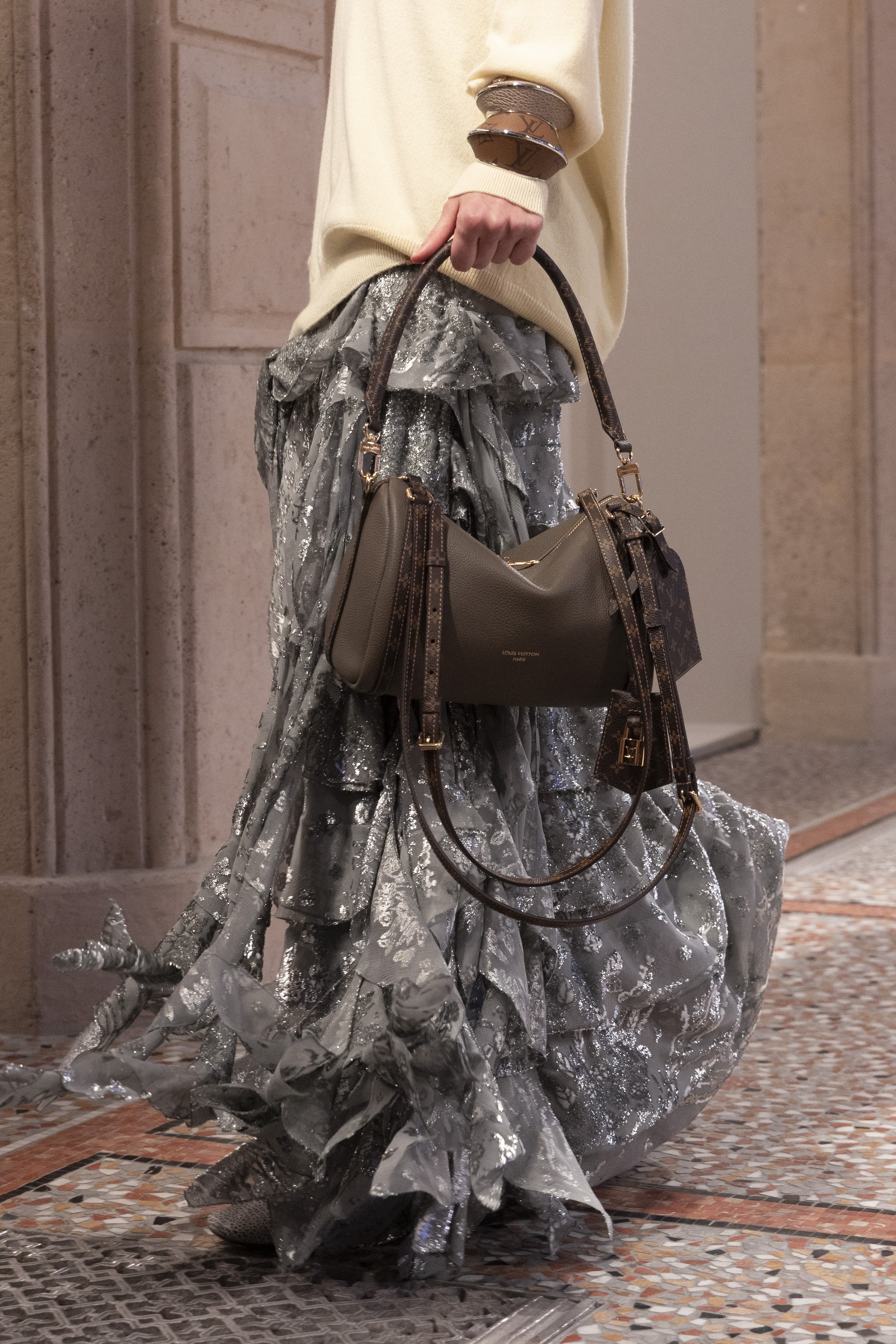
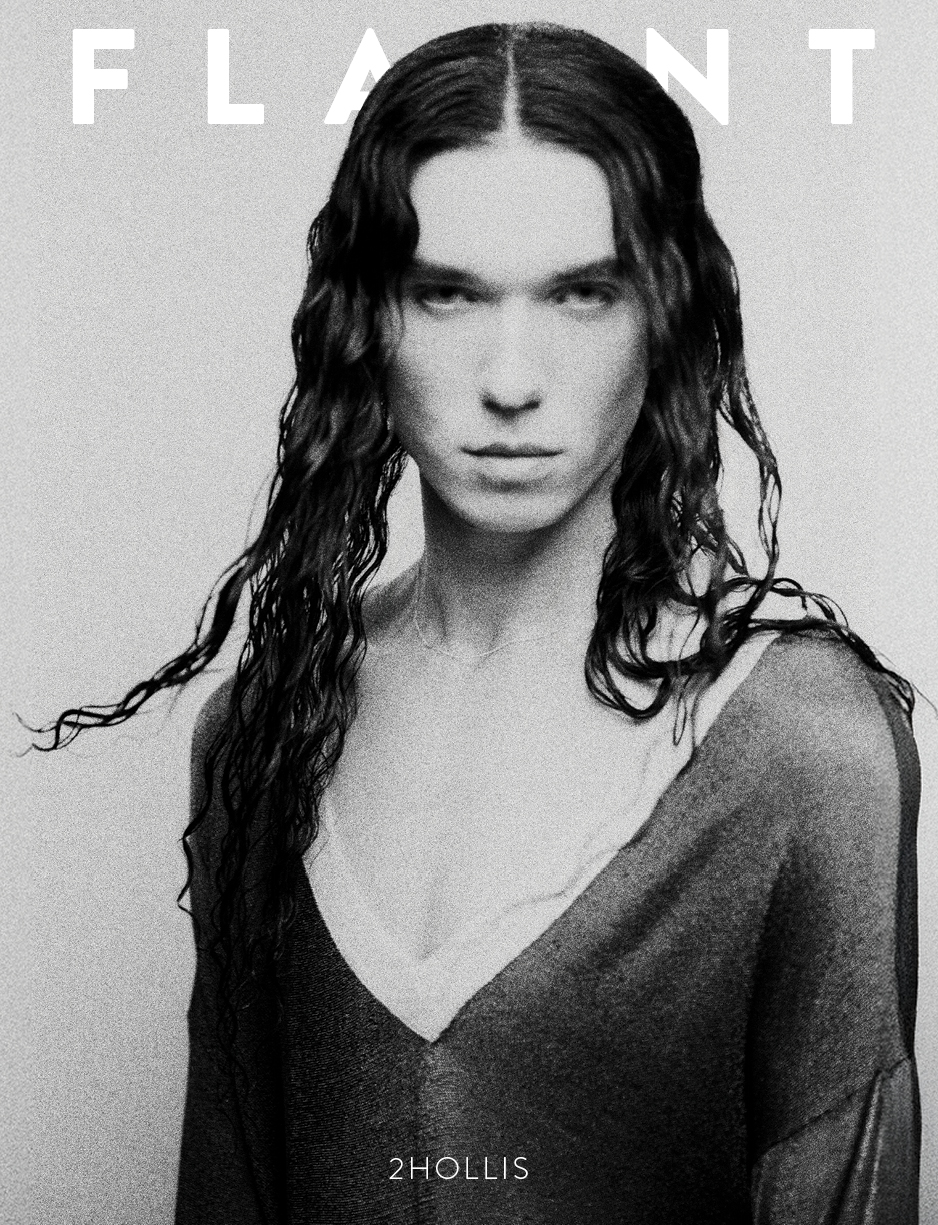
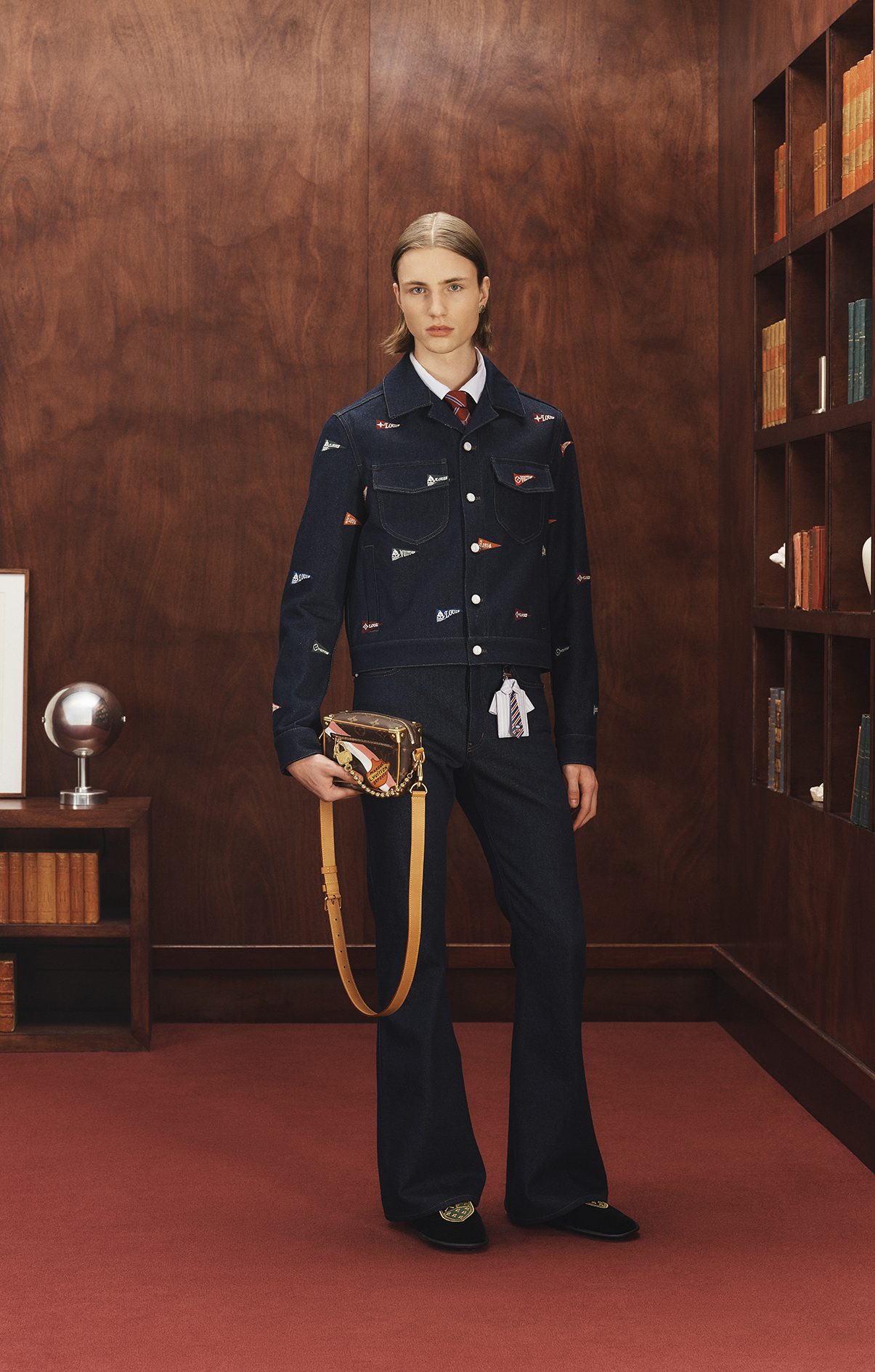
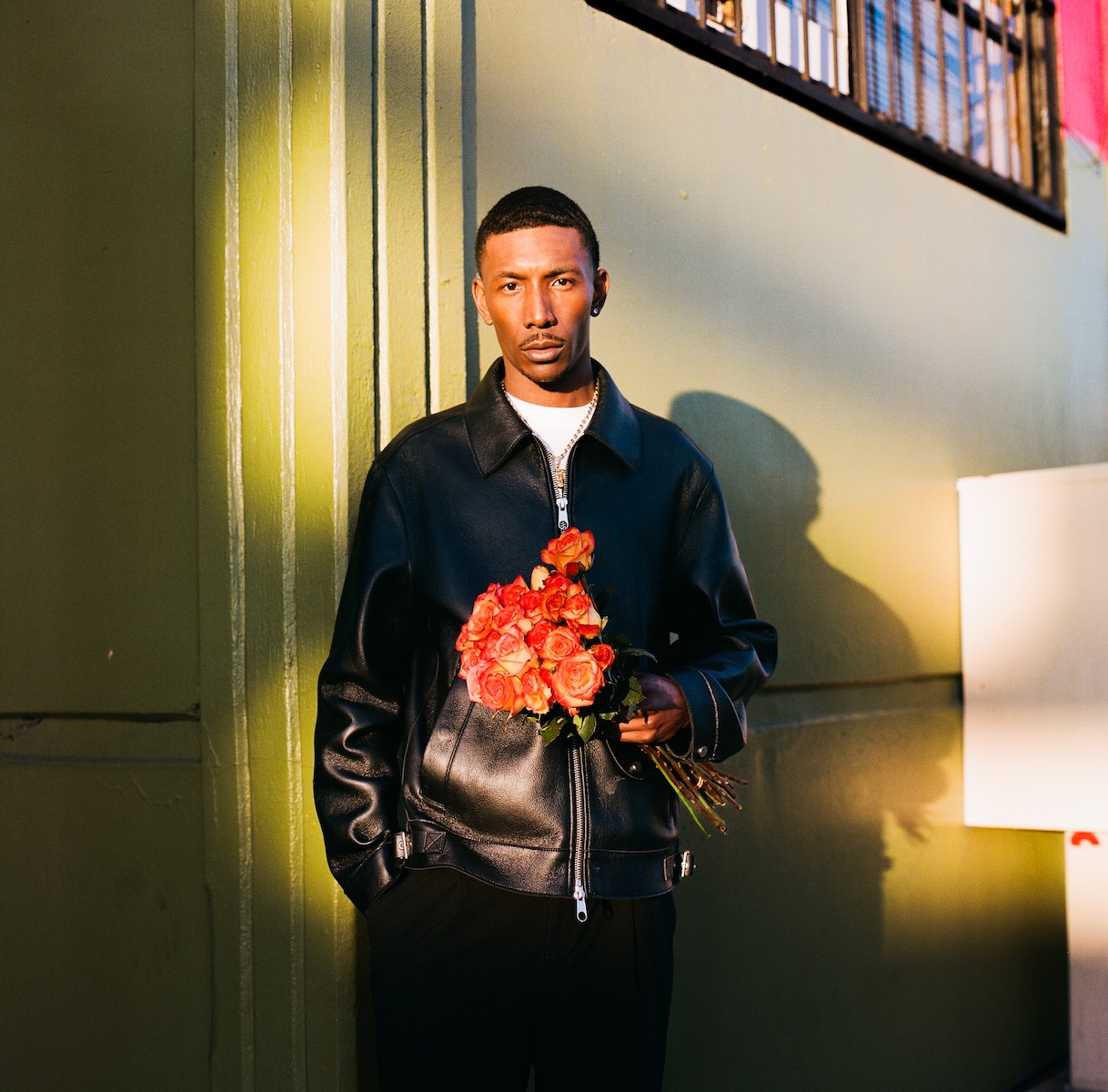
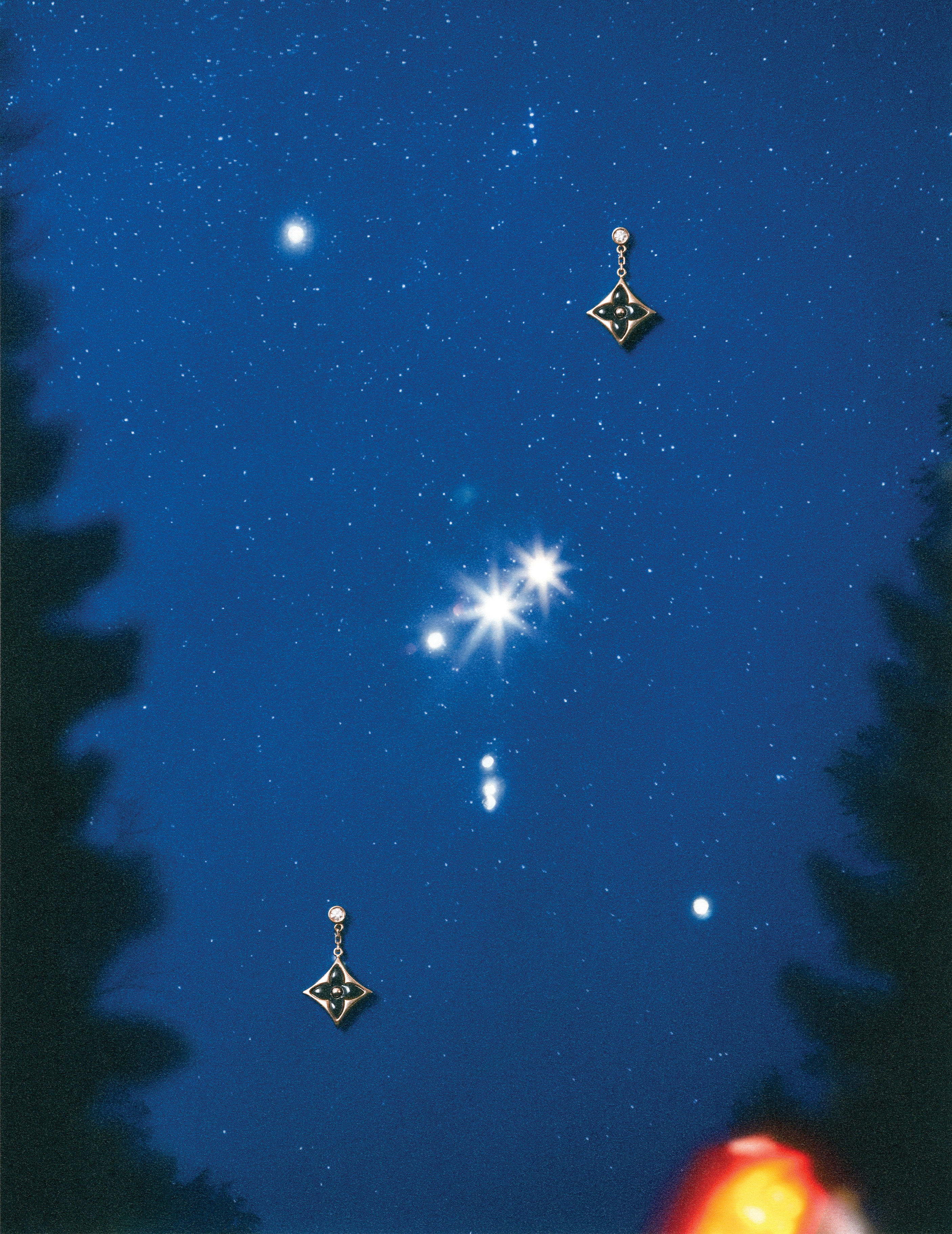
.JPG)
